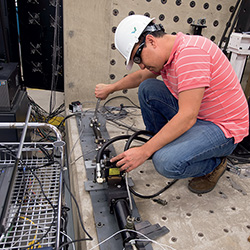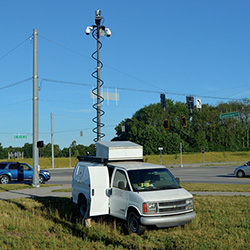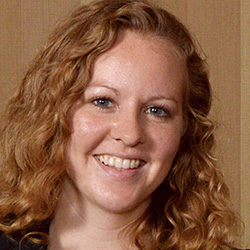Purdue leads multi-hazard research with $4.1 million NSF Award
The National Science Foundation recently named Purdue University as the recipient of the Network Coordination Office (NCO) for its National Hazards Engineering Research Infrastructure (NHERI). The NCO, a $4.1 million, five-year award, will lead the $65 million NHERI network in its goal to minimize damage to our nation's
physical civil infrastructure.
physical civil infrastructure.





